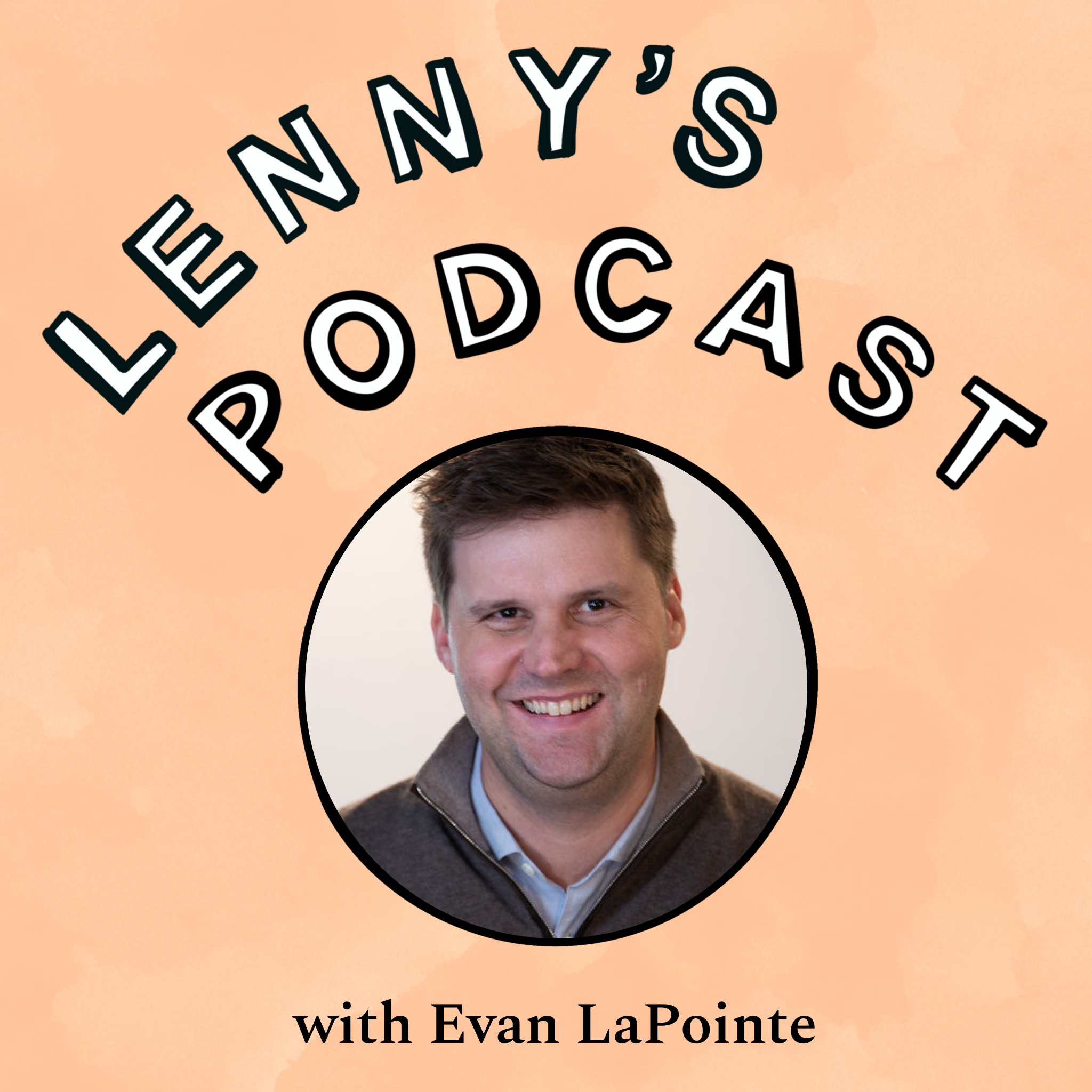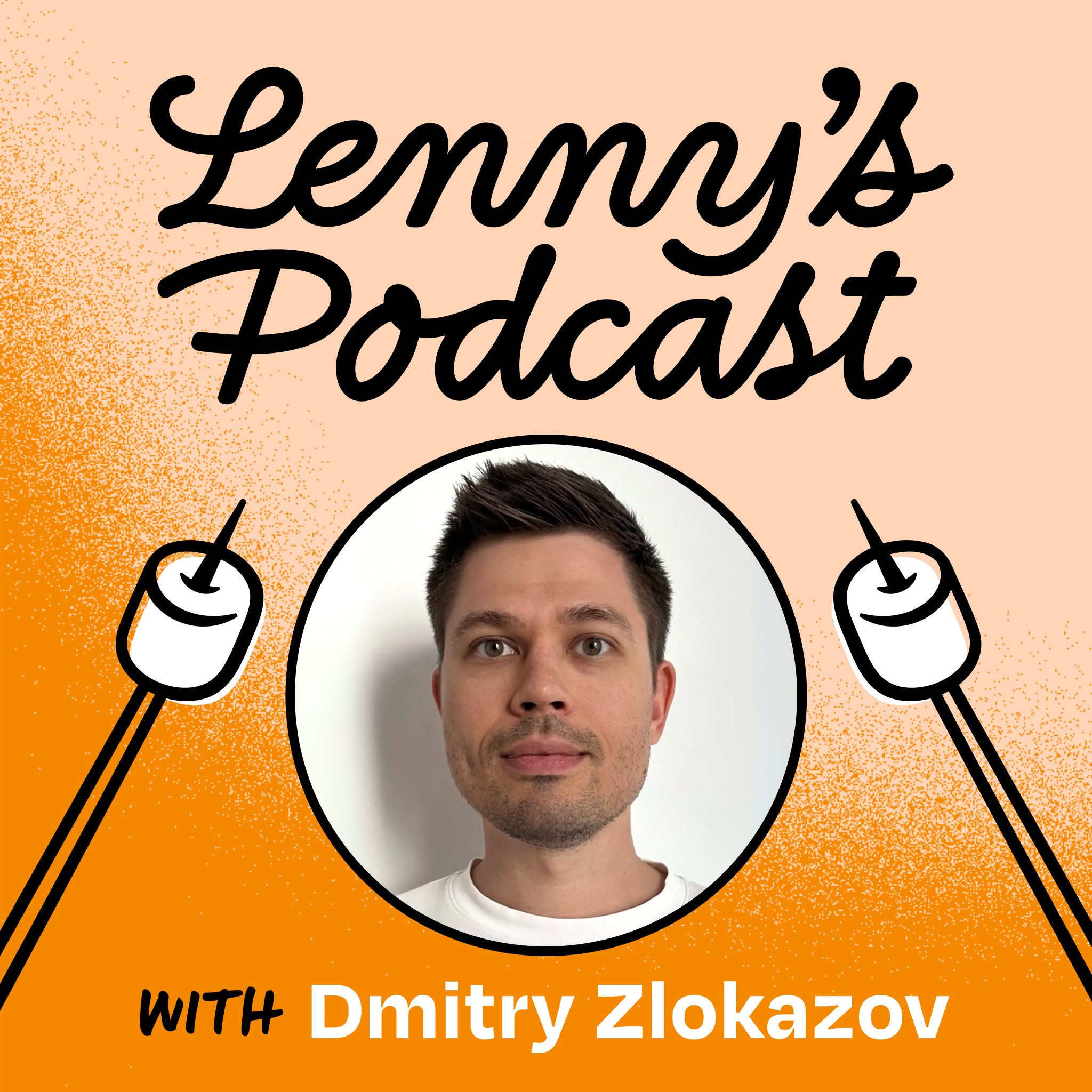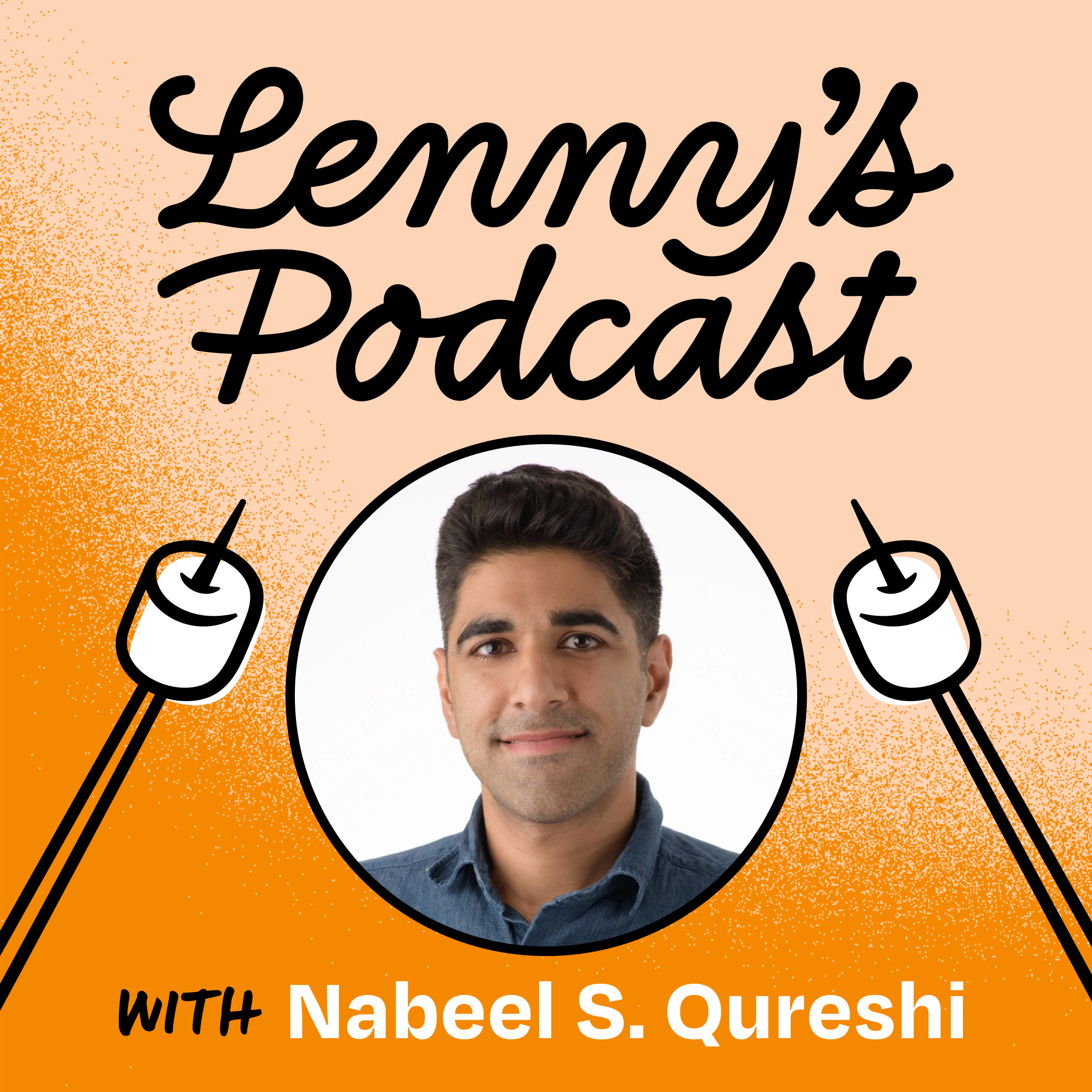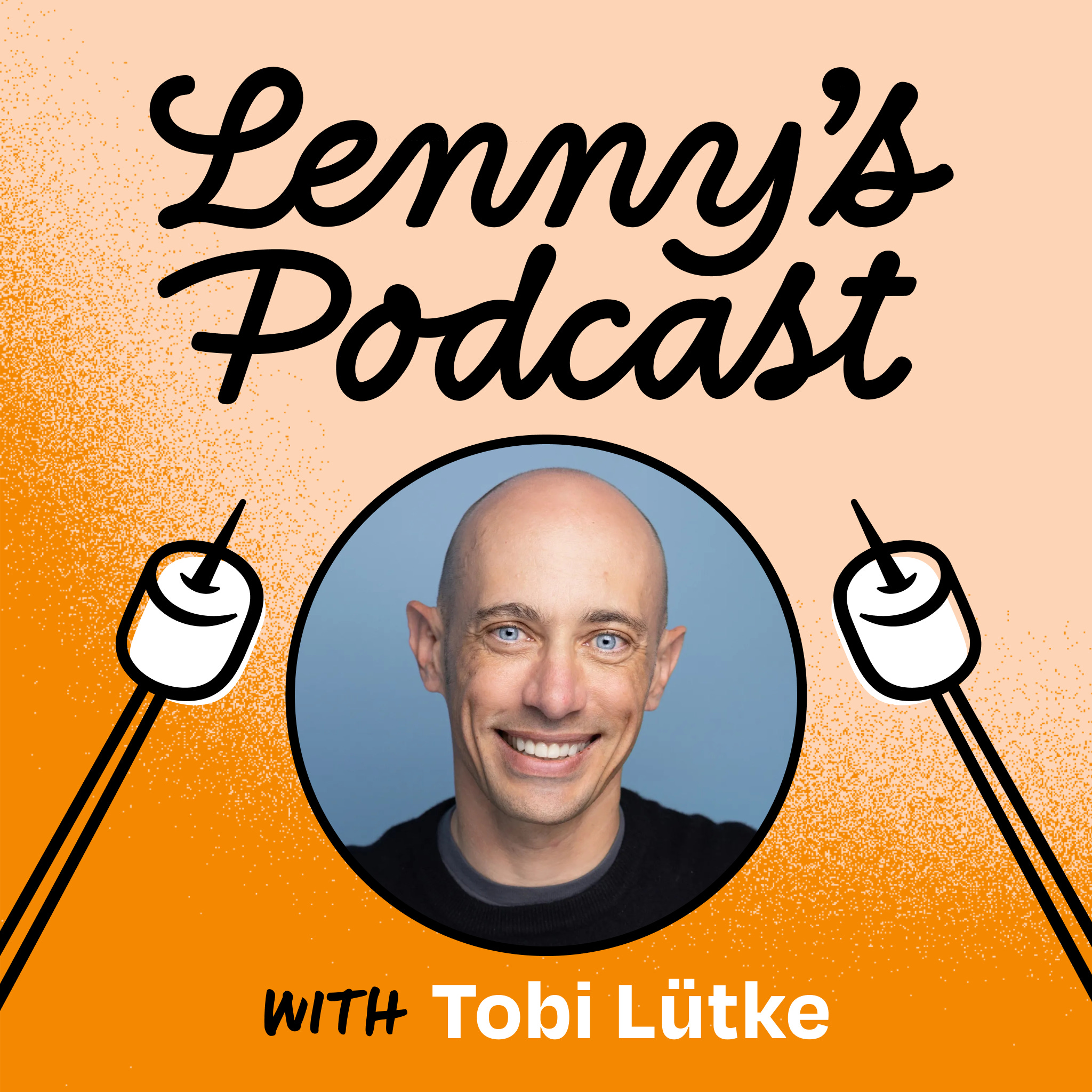
August 11, 2024 • 2hr 14min
Improve strategy, influence, and decision-making by understanding your brain | Evan LaPointe (founder of CORE Sciences)
Lenny's Podcast: Product | Growth | Career

Key Takeaways
- The brain has different "departments" like a college campus, including a science department for open-minded experimentation, an art department for creative thinking, and a history department for looking up known information. Most people rely too heavily on their history department.
- There are three main brain systems to understand:
- Safety system - activated by fear, uncertainty, anger, etc.
- Reward system - activated by pursuit and desire
- Purpose system - activated by understanding impact and caring about those impacted
- People have different personality traits and ways of thinking. Understanding your own traits and those of others is key to working together effectively.
- Creating the right "habitat" or culture is critical for team and company success. This should be based on logical deduction about the company's role and value, not just inspirational statements.
- Effective meetings require proper "priming" to get everyone aligned before decision-making. Most meetings skip this crucial step.
- To improve vision and strategy skills, work on increasing openness to new ideas and reverse engineering desired outcomes.
- Building influence requires choosing an approach that fits your personality and the situation. Options include teaching/challenging, back-channeling, storytelling, etc.
- Strong relationships require ability/utility, trust, and appeal (being a positive experience to work with). Appeal is often undervalued but critical.
- Teams should aim for about 25% of time in "alpha" (daydreaming) and "gamma" (deep focus) brain states, not just "beta" (productivity) mode.
- Creating dedicated time for deep work and protecting it is important for innovation and solving complex problems.
Introduction
In this episode, Lenny interviews Evan LaPointe, founder of CORE Sciences, which teaches companies and individuals how the brain works and how to apply that knowledge to improve collaboration, decision-making, and growth. Evan is a four-time founder, including founding Satellite, a major analytics product acquired by Adobe. The conversation covers a wide range of topics related to understanding how the brain functions and using that knowledge to be more effective at work.
Topics Discussed
Understanding the Brain's Complex Systems (2:37)
Evan explains that the brain is incredibly complex, but can be understood through some key frameworks:
- The brain has different "departments" like a college campus, including:
- Science department for open-minded experimentation
- Art department for creative thinking
- History department for looking up known information
- Most people rely too heavily on their "history department" which is low energy but limits new thinking
- Sending thoughts to different departments yields very different responses and solutions
The Three Core Brain Systems (7:17)
Evan outlines three main brain systems to understand:
- Safety system - Activated by fear, uncertainty, anger, etc. Tries to restore standing and get out of stress/danger.
- Reward system - Activated by pursuit and desire. More transactional in nature.
- Purpose system - Activated by understanding impact and caring about those impacted. Can apply to big or small tasks.
He notes that the purpose system often sounds vague but is very powerful when activated.
Applying Brain Science to Team Dynamics (11:03)
Evan discusses how understanding brain functioning can help with team dynamics:
- People have different personality traits and ways of thinking
- Understanding your own traits and those of others is key to working together
- Common struggles come from assuming everyone thinks like you do
- Tests like the Big Five personality assessment can provide insight
Creating Effective Work Environments (17:27)
Evan emphasizes the importance of creating the right "habitat" or culture:
- Companies are like "terrariums" that shape how people think and interact
- A poor habitat works against productivity and collaboration
- Great companies like Canva and Figma intentionally design their culture
- Culture should be based on logical deduction about the company's role and value
- Avoid relying solely on inspirational mission/vision statements
The Science of Meetings and Decision-Making (23:16)
Evan provides advice on running more effective meetings:
- Meetings waste billions of dollars annually in lost productivity
- Most meetings skip crucial "priming" step to align everyone
- Start with priming before moving to decision-making
- Clarify the purpose, principles, and desired outcomes upfront
- Avoid phrases that activate "combat mode" in people's brains
Enhancing Strategy and Vision Skills (29:35)
To improve vision and strategy capabilities, Evan recommends:
- Work on increasing openness to new ideas
- Practice reverse engineering desired outcomes
- Understand your personality traits and how they impact strategic thinking
- Partner with others who complement your strengths/weaknesses
- Create space for both creative and analytical thinking
Building Influence and Effective Relationships (1:05:46)
Evan shares advice on becoming more influential:
- Choose an influence approach that fits your personality
- Options include teaching/challenging, back-channeling, storytelling, etc.
- Share information others may not know to change perspectives
- Focus on building strong relationships as a foundation
For building better relationships, he emphasizes three key factors:
- Ability/Utility - How skilled and useful you are
- Trust - The level of risk others perceive in working with you
- Appeal - How positive an experience you are to work with
Evan notes that appeal is often undervalued but critical for relationships.
Creating a Positive Organizational Habitat (1:36:47)
To create a better company culture or "habitat", Evan advises:
- Base culture on logical deduction about the company's role and value
- Clearly communicate why the work matters and who it impacts
- Create permission for different types of thinking and focus
- Design systems that reward desired behaviors
- Regularly discuss purpose and impact as a team
Enhancing Focus and Productivity (1:50:35)
Evan explains different brain wave states and how to leverage them:
- Alpha - Daydreaming state, good for creative insights
- Beta - Productivity mode for getting tasks done
- Gamma - Deep focus for complex problem-solving
He recommends aiming for about 25% of time in alpha and gamma states, not just beta productivity mode.
Practical Tips for Deep Work and Gamma Time (2:00:58)
- Schedule regular blocks of uninterrupted deep work time
- Protect this time fiercely from interruptions
- Use quarterly offsites for team gamma time
- Create weekly gamma sessions for complex problem-solving
- Give people permission to enter deep focus states
Conclusion
This wide-ranging conversation covers numerous ways to apply brain science to improve work effectiveness. Key themes include understanding different brain systems and personality traits, creating the right organizational culture, running better meetings, developing strategy skills, building influence, fostering strong relationships, and enhancing focus. By leveraging this knowledge of how our brains function, individuals and teams can dramatically improve their performance and outcomes.
Evan emphasizes that small changes in how we approach work - like protecting time for deep focus or improving how we run meetings - can have outsized impacts on productivity and innovation. He encourages listeners to experiment with these ideas and find what works best for their own personalities and team dynamics. Overall, developing greater self-awareness and intentionality around how we work with our own brains and those of others is key to unlocking higher performance.









